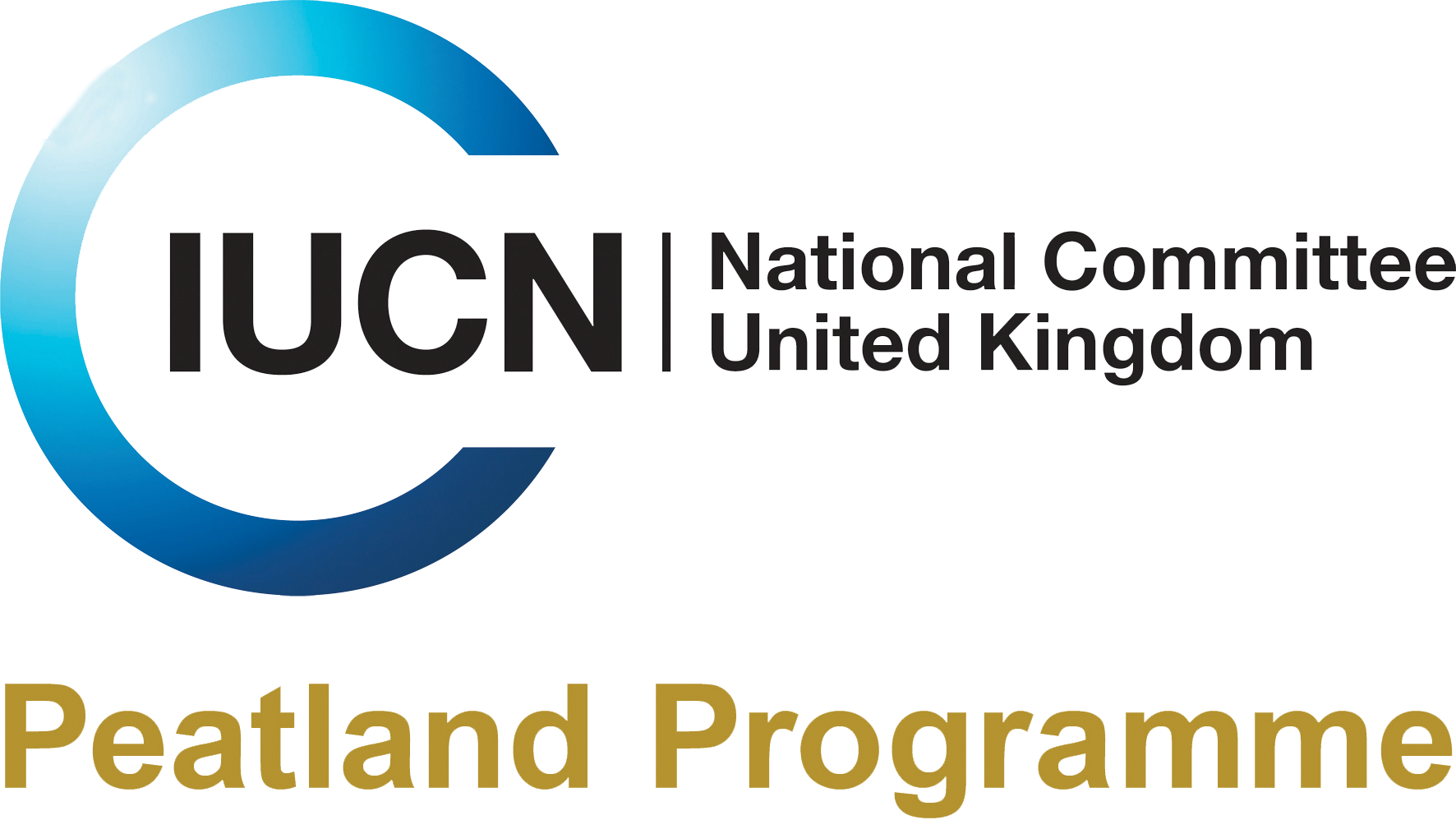The UK's largest garden retailer has switched its bedding plant production away from peat.
From April 2014, B&Q will incorporate new packaging into twenty varieties of bedding plant which will be recyclable and between 95-99% peat-free, removing peat from commercial plant production. As the largest garden retailer in the UK, over 80 million bedding plants will be sold at B&Q stores across the UK between March and June this year.
Historically these plants would be packaged in non-recyclable ploystyrene trays ending up as non-degradable waste in UK landfills. The new technology called Teabag Tecnhology, easyGrow is 100% recyclable and consists of self-contained biodegradable 'teabag' made from corn starch, a renewable resource that is fully compostable. Each bag is filled with coir, a natural fibre extracted from coconut husks.
Peat-free gardening takes the pressure away from exploiting lowland peat bogs. Peat has been a big part of gardening and horticulture since the 1960s, when mechanised extraction of peat began in earnst. Lowland raised peat bogs, many of them SSSIs, were drained and the peat soil scraped away and bagged for gardeners and commercial growers. B&Q's new bedding plant production shows that peat can be replaced at the commerical scale. The move is supported by the RSPB, long time campaigners for peat-free gardening.
